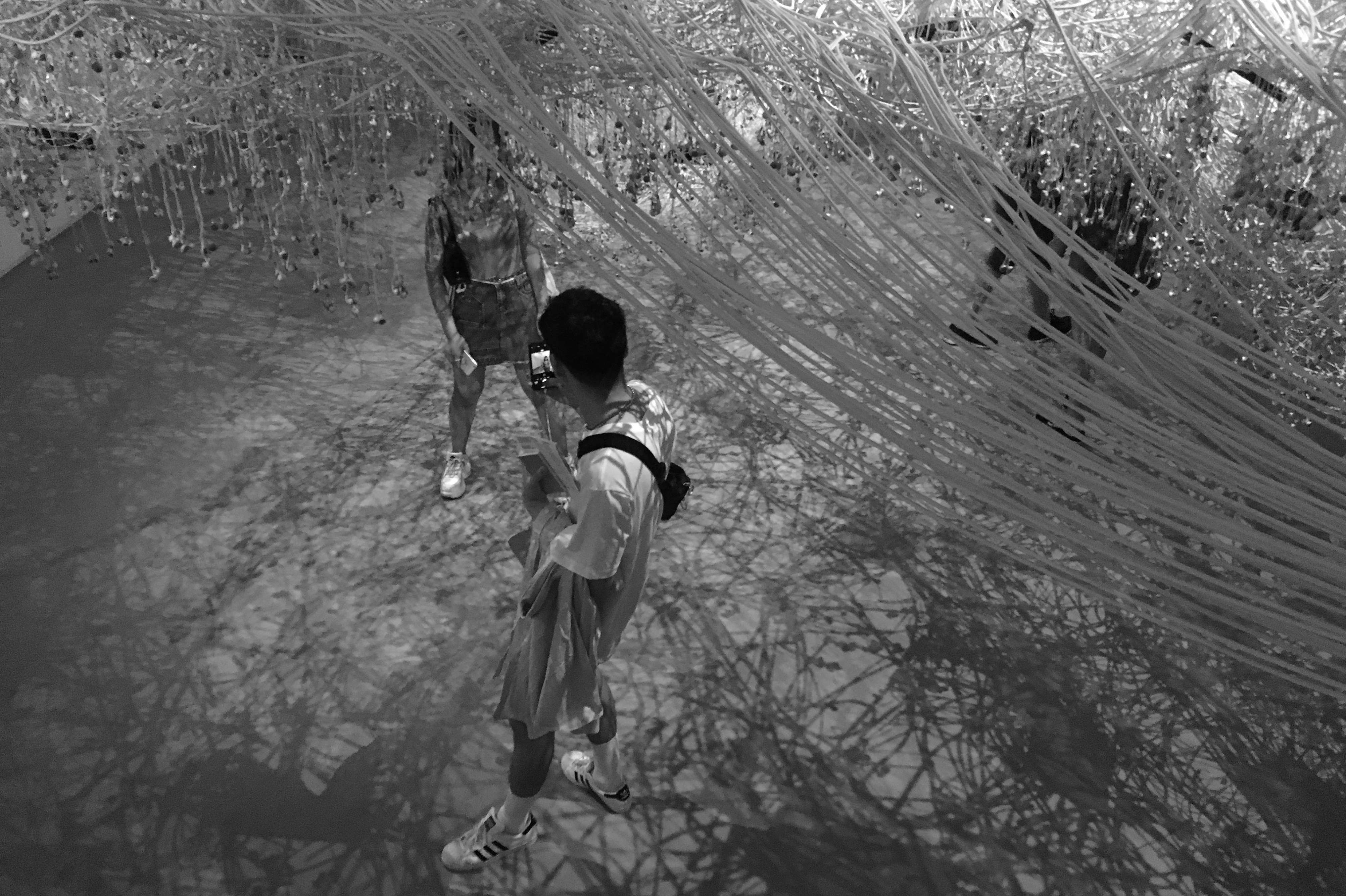1) An essay doesn’t begin with a statement, but with a question
An essay is something you write to try to figure something out. Figure out what? You don’t know yet. And so you can’t begin with a thesis, because you don’t have one, and may never have one. An essay doesn’t begin with a statement, but with a question. In a real essay, you don’t take a position and defend it. You notice a door that’s ajar, and you open it and walk in to see what’s inside.
–Paul Graham, “The Age of the Essay,” September 2004
2) Good essays explore questions in the manner of an unmapped quest
Why bother conducting an experiment at all if you know what results it will yield? Maybe every essay automatically is in some way experimental–not an outline traveling toward a foregone conclusion but an unmapped quest that has sprung from the word question. I don’t know where the journey ends; otherwise, why call this action journey?
–John D’Agata, The Next American Essay (2003)
3) Writing is a process is of finding out what you don’t want to know
When you’re writing, you’re trying to find out something which you don’t know. The whole language of writing for me is finding out what you don’t want to know, what you don’t want to find out. But something forces you to anyway.
–James Baldwin, Paris Review interview (1984)
4) The best writing goes into directions that surprise the writer
I love the kind of surprise that testifies to ways that the writer was surprised in the act of writing the essay. Like, almost every essay that I’ve written that I feel is successful is partially successful because it surprised me at some point because it ended up being about something very different than what I thought it was going to be about when I started writing it. And I love as a reader when I’m granted some version of that experience in an essay as well. It thwarts where I thought it was headed, or another kind of floor opens up beneath the floor I thought I was standing on.
–Leslie Jamison, Salon interview, April 25, 2014
5) Complex writing often moves from orientation to disorientation
I was drawn to poems where the poet did not seem completely sure of where he or she was headed. Emerson compared writing to ice skating in that the writer might be taken places he did not intend to go. And Formula 1 driver Mario Andretti once said, ‘If you feel that everything is under control, you’re just not driving fast enough.’ Obviously to go somewhere, you have to start somewhere. Being oriented at the outset of a poem offers the promise of being pleasantly disoriented later as the poem moves into more complex territory where the waters are more strangely stirred.”
–Billy Collins, introduction to The Best American Poetry 2006
6) Good essays don’t necessarily provide answers
I think we writers have a tendency to “decide” on a theme, then execute. That approach can be dull and condescending — we have “the answer” and we are basically shitting that answer down on the reader, who is supposed to be edified. But that’s a pretty static and insulting model. The one I prefer is that I, the writer of the story, am not sure what it’s “about” but am working through it honestly, trying to give my reader credit for being a little more intelligent than I am. And if things work correctly, we might simultaneously discover what the story is about — and that thing might be irreducible and impossible to articulate — and yet we’ve both felt it, together.
–George Saunders, The Writer’s Chronicle, Oct/Nov 2014





